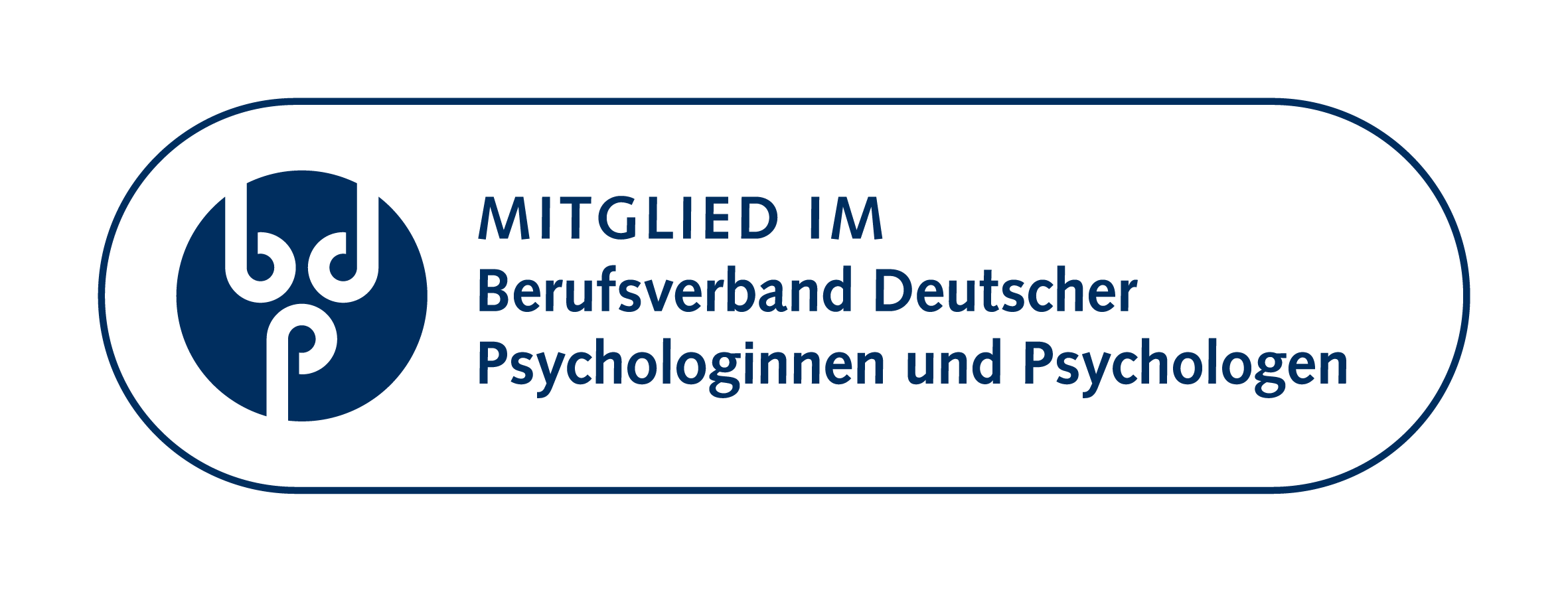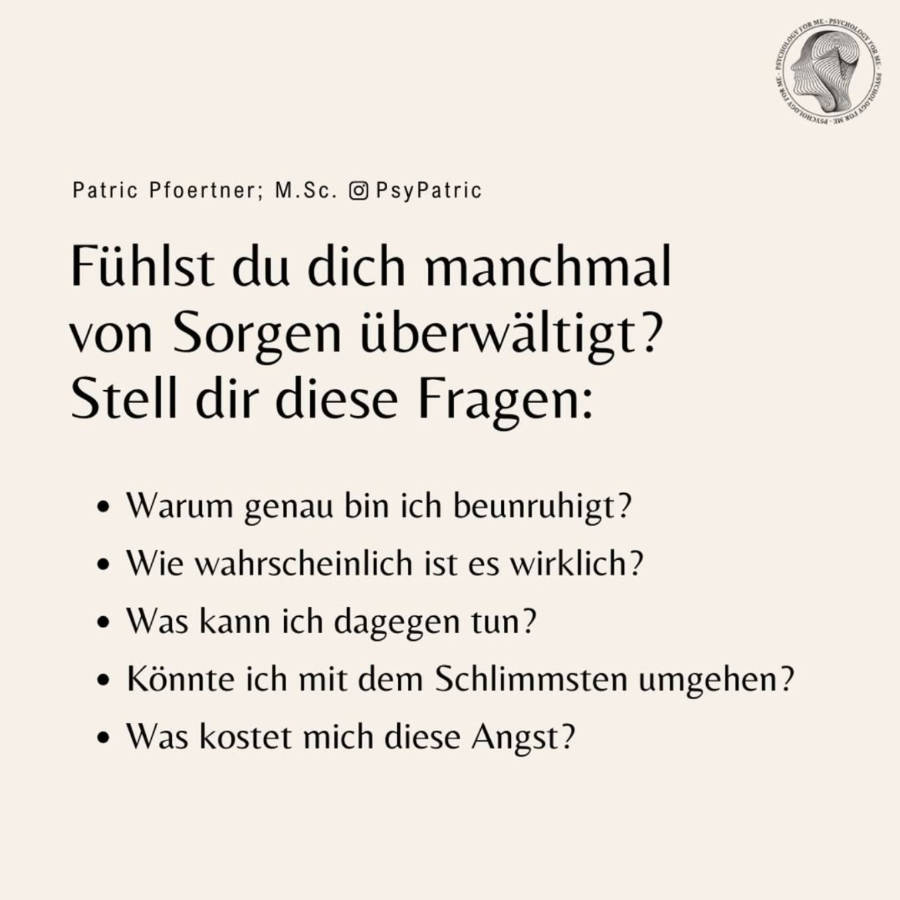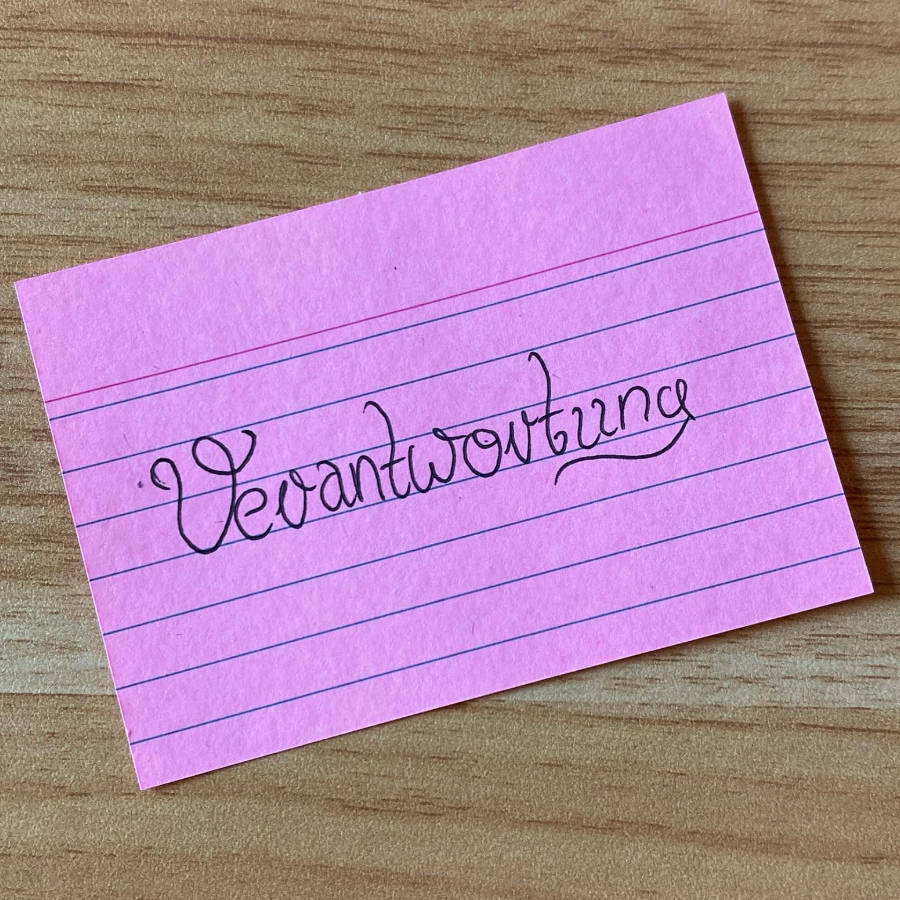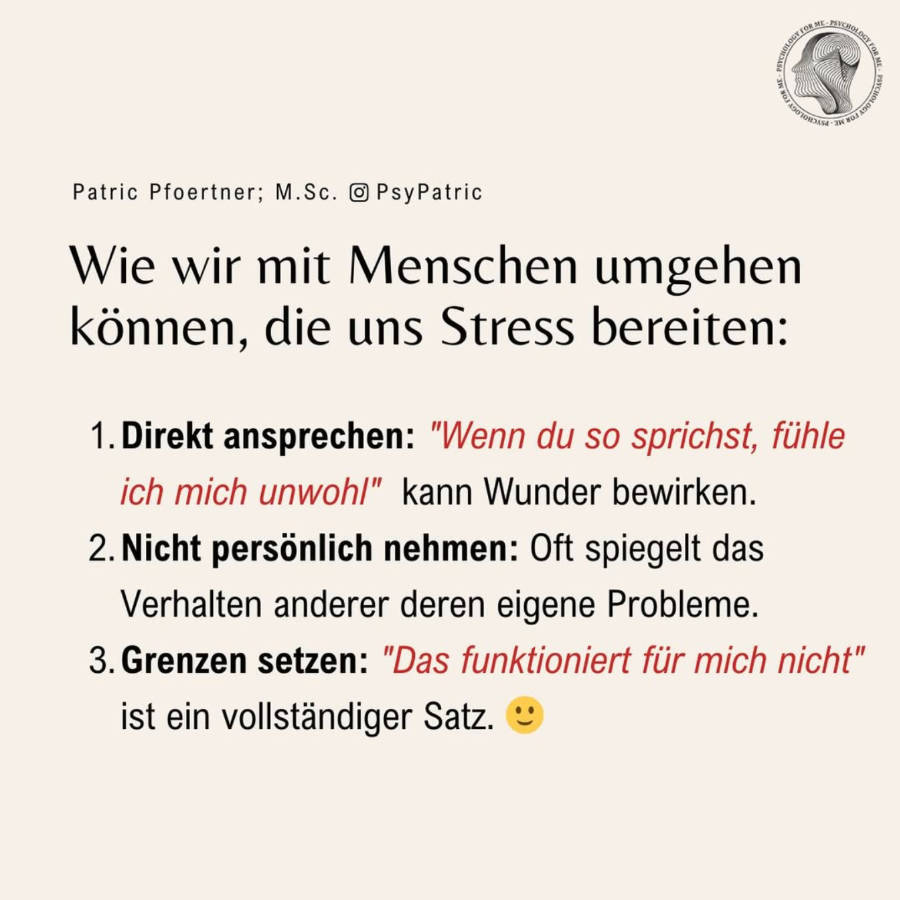Understanding the Weight of Guilt: A Path to Self-Compassion
Do you often find yourself burdened by a persistent sense of guilt, even for things seemingly beyond your control? Feelings of guilt are a complex part of the human experience. While a healthy amount of guilt can serve as a moral compass, prompting us to take responsibility and make amends, chronic or excessive guilt can become a heavy emotional weight, impacting our self-worth, relationships, and overall well-being. This self-assessment is designed to help you explore the nature of guilt in your life.
Many individuals grapple with questions surrounding guilt that can feel overwhelming. As a psychologist, I frequently hear concerns such as:
- Why do I feel guilty all the time, even without a clear reason?
- Is it normal to feel guilty for small things or when prioritizing myself?
- How can I stop feeling guilty and practice self-forgiveness?
- When does guilt become a problem, and when should I seek professional help?
These are profound and valid questions. Chronic guilt often stems from deeply ingrained beliefs about responsibility, perfectionism, or a struggle with self-worth. It can manifest as constantly apologizing, difficulty setting boundaries, feeling responsible for others' happiness, or even feeling undeserving of joy.
Our "Understanding Guilt" self-assessment provides a structured way to reflect on these patterns. It is designed to:
- Measure common patterns and manifestations of guilt in daily life.
- Offer initial insights into the intensity and impact these feelings may have on your well-being.
- Help you identify specific areas where guilt might be holding you back, encouraging deeper self-reflection.
Remember, this test is not a diagnostic tool. It's a starting point, a mirror reflecting potential areas where you might benefit from more self-compassion or external support. If your results suggest that guilt is a significant burden, or if these feelings are consistently interfering with your happiness and daily functioning, please consider reaching out to a mental health professional. Therapy can provide a safe space to explore the roots of your guilt, challenge unhelpful thought patterns, and develop strategies for healthy emotional processing and self-forgiveness. Cultivating self-compassion is a powerful antidote to chronic guilt, allowing you to live a life guided by responsibility without being paralyzed by blame.
























